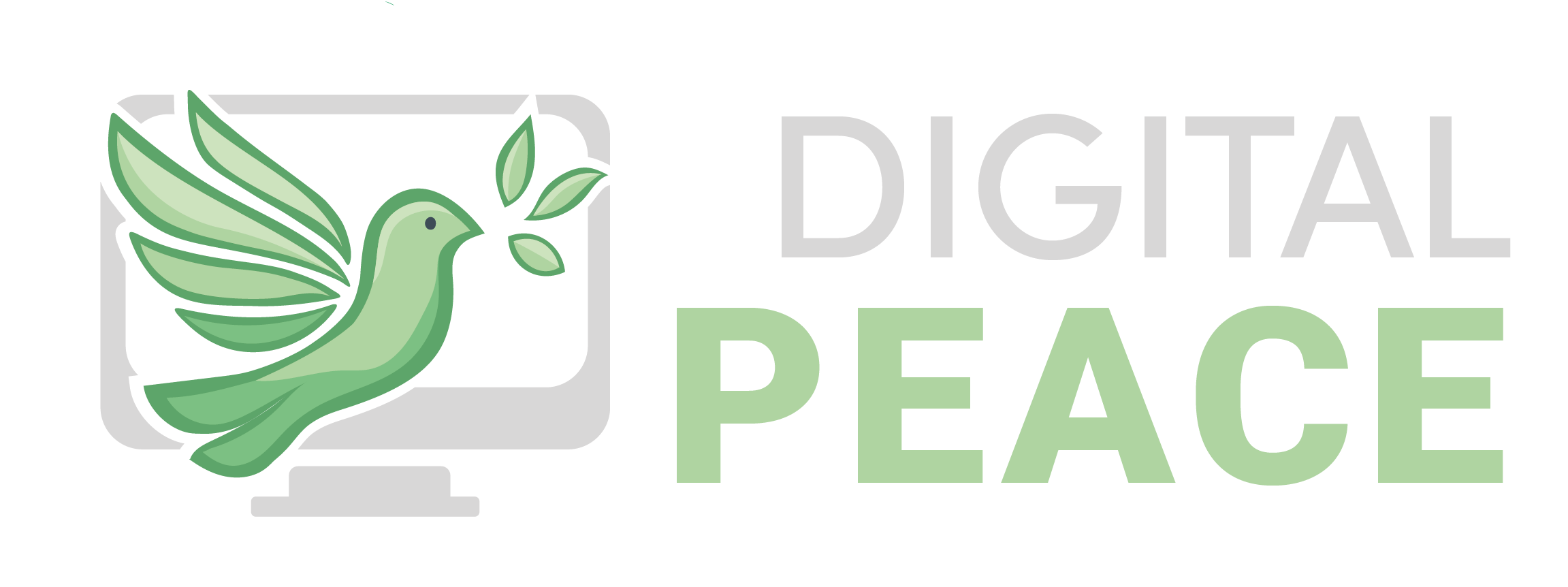It’s Not Piracy When AI Does It
When individuals used technology to share paywalled knowledge, it was condemned as piracy. When AI models now scrape, summarize, and reproduce that same information without paying for it, it’s celebrated as innovation. This double standard exposes a deeper contradiction in how we define ownership, creativity, and fairness online. Drawing on examples from Sci-Hub to ChatGPT, the article traces how AI has become the new middleman in the struggle between access and control, where the same act that once got people sued now fuels billion-dollar industries. It asks a pressing question: if technology can bypass the walls of information, who truly benefits: those seeking knowledge, or those selling it?




